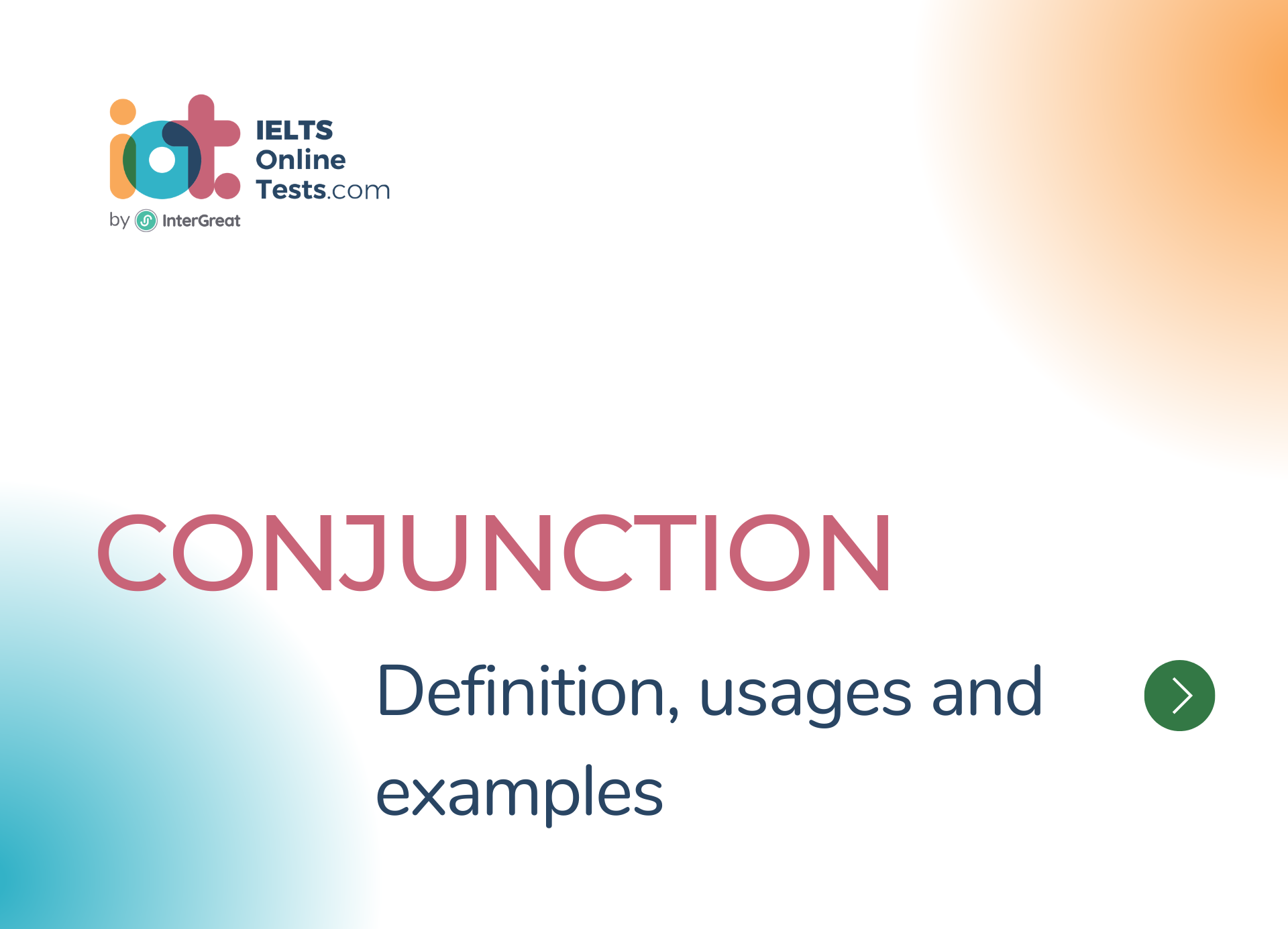
Conjunction definition, usages and examples
Conjunctions are words or phrases used to connect words, phrases, or clauses within a sentence. They play a crucial role in expressing relationships between different parts of a sentence.
Here are some key points about conjunctions:
- Coordinating conjunctions join words, phrases, or independent clauses that are of equal importance or have equal grammatical structure.
- Examples: "and," "but," "or," "nor," "for," "yet," "so."
- "I enjoy reading books, and I also love watching movies."
- "I wanted to go to the party, but I had to study for my exams."
- "Would you like tea or coffee?"
- "She neither danced nor sang at the talent show."
- "He went to the store to buy some groceries, for he was out of essential items."
- "She was tired, yet she continued to work on her project."
- "He studied hard for the test, so he was able to achieve a high score."
- Subordinating conjunctions join an independent clause with a dependent clause, indicating a relationship of dependence or subordination.
- Examples: "because," "although," "if," "when," "since," "while," "after," "before."
- "She couldn't go to the party because she had to work late."
- "Although it was raining, they decided to go for a walk."
- "If you study hard, you will pass the exam."
- "I always feel happy when I spend time with my family."
- "He has been living in the city since 2010."
- "While I was cooking, she was setting the table."
- "They went to the movies after they finished their dinner."
- "Please complete the assignment before the deadline."
- Correlative conjunctions are used in pairs to join balanced elements in a sentence, such as two words, two phrases, or two clauses.
- Examples: "either...or," "neither...nor," "both...and," "not only...but also," "whether...or."
- "You can either come to the party or stay home."
- "She neither spoke nor smiled during the meeting."
- "He is both a talented musician and a skilled athlete."
- "She is not only intelligent but also compassionate."
- "I am not sure whether I will go to the beach or stay home."
- Conjunctive adverbs function as conjunctions but also have an adverbial role, expressing relationships between clauses.
- Examples: "however," "therefore," "meanwhile," "moreover," "nevertheless," "consequently."
- "I wanted to go to the party; however, I was feeling tired."
- "She studied hard; therefore, she performed well on the exam."
- "He was busy working; meanwhile, she was enjoying her vacation."
- "He is not only talented but moreover dedicated to his craft."
- "The weather was bad; nevertheless, they decided to go for a hike."
- "He missed the train; consequently, he arrived late to the meeting."
Subordinating Conjunctions vs. Conjunctive Adverbs:
- While subordinating conjunctions introduce dependent clauses, conjunctive adverbs connect independent clauses.
- Example of subordinating conjunction: "I will go to the party if I finish my work."
- Example of conjunctive adverb: "I finished my work; therefore, I can go to the party."
- While subordinating conjunctions introduce dependent clauses, conjunctive adverbs connect independent clauses.
Conjunctions play a vital role in sentence structure, coherence, and conveying logical relationships between ideas. Understanding and using conjunctions correctly will help you construct well-formed and cohesive sentences.




